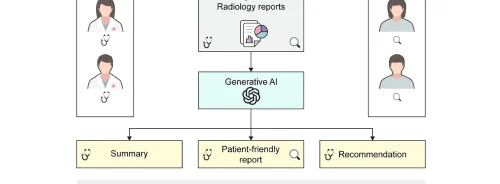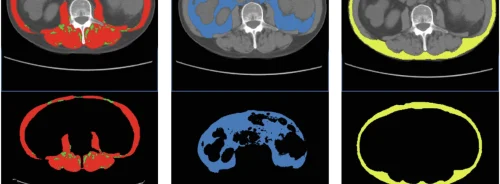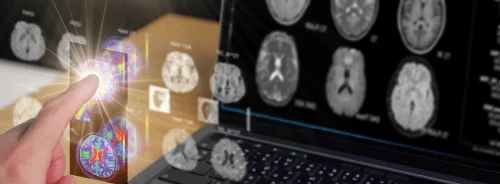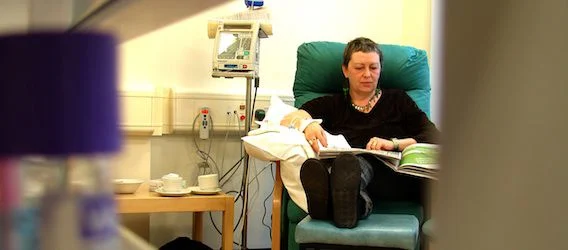New research entitled “Percutaneous Breast Biopsy: Effect on Short-term Quality of Life.” And published online in the journal ‘Radiology’ states that breast biopsies can have an adverse affect on quality of life in the short term, with younger patients being more impacted.
Annually, over half a million US women undergo breast biopsy. When a doctor applies the percutaneous method, a number of small samples are removed with a needle from the area of interest and sent for pathological analysis. Associated with fewer complications than the surgical approach, the percutaneous procedure does however, carry important short-term side effects which include emotional distress and pain.
According to former staff radiologist at Boston’s Massachusetts General Hospital (MGH) and assistant professor at Harvard Janie M. Lee, M.D., M.Sc., short-term experiences can have a long-term impact. She went on to say that when a patient’s biopsy experience has been anything but positive, they may be less inclined to return for a follow-up screening.
With the aim of finding out more about the repercussions of percutaneous biopsy, the MGH research team assessed women two to four days after they had undergone the procedure. Using a tool called the Testing Morbidities Index (TMI), they surveyed short-term quality of life based on seven attributes, including pain/discomfort and fear/anxiety before and during the procedure, and physical and mental function afterwards.
Rating was done for each criterion on a scale of one to five, with the final score being adjusted to a scale ranging from zero for the worst possible experience to 100 for no adverse quality-of-life effects.
The average TMI score for the 188 women was 82 out of 100, with the only major independent predictor being patient age, where the score decreased by about three points for every decade decrease in the women’s age. The overall age range of women surveyed was from 22 to 80 years, and the mean TMI score for women less than 40 years old was 76.4.
Dr. Lee, who has since relocated to the University of Washington School of Medicine in Seattle as associate professor of radiology and as director of breast imaging at Seattle Cancer Care Alliance, explained the study’s most significant finding: following breast biopsy, women’s quality of life was decreased in the short-term, with the strongest predictor of quality-of-life score being younger age.
Acknowledging that these results were surprising at first since younger women were generally healthier than their older counterparts, Dr. Lee explained the differences by pointing out anxiety as a major factor. According to her, younger women may experience breast biopsy as their first diagnostic testing experience and the potential of being diagnosed with a life-threatening disease can produce a lot of anxiety in anyone. Further suggesting that individualised pre-biopsy counseling may contribute to better preparing women for percutaneous biopsy procedures, Dr. Lee concluded that this could reduce anxiety associated with the procedure.
Other screening experiences like colonoscopy are now being surveyed with the TMI tool by researchers at MGH. Led by Shannon Swan, M.D., the team aims to explore ways to enhance the diagnostic testing process for patients.
Latest Articles
Screening, breast cancer, Biopsy, percutaneous biopsy
New research entitled “Percutaneous Breast Biopsy: Effect on Short-term Quality of Life.” And published online in the journal ‘Radiology’ states th...










